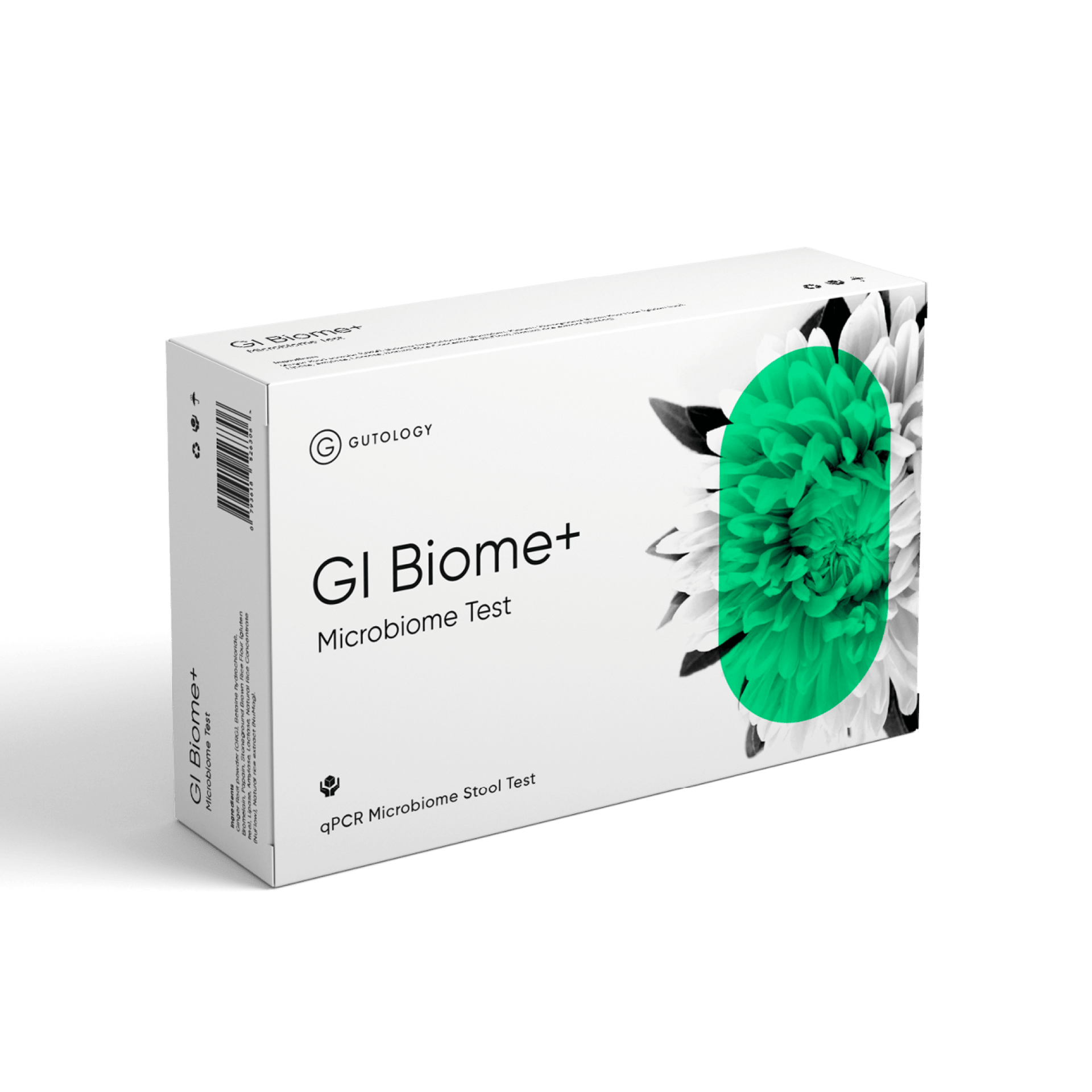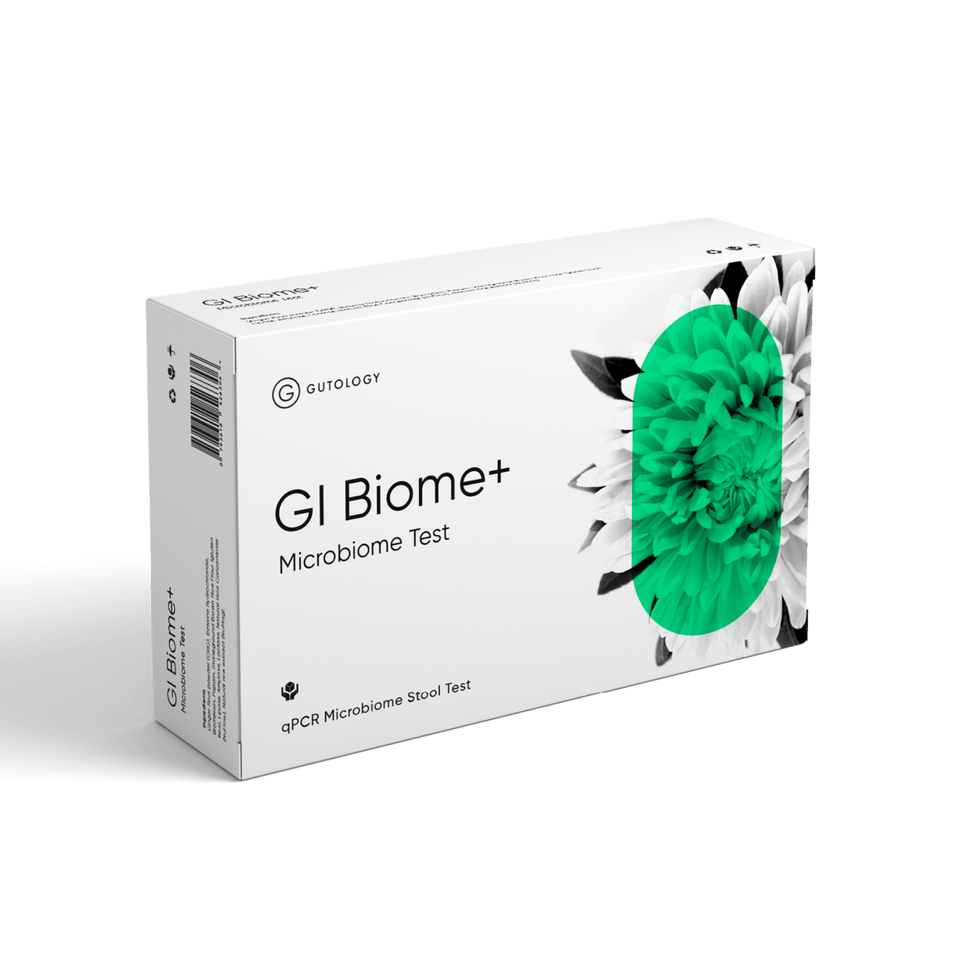In the UK, up to 1 in 4 adults experience heartburn and incredibly, over 11% of the population have monthly PPI prescriptions. But do we really want to be lowering our stomach acid levels and what are the long-term impacts of these drugs?
If you walk into your local GP with frequency belching, nausea or reflux symptoms, its likely you'll walk out with a PPI prescription, such as Omeprazole or Lansoprazole.1 For many people, this is the start of long-term dependence and gradually increase dose of these drugs. While these medications are designed to target the symptoms, do they address the root cause of your issues? And can they cause more harm than benefits?
What are they?
Antacid medications are called PPIs (Proton Pump Inhibitors) in medical terms. They are targeting cells in the stomach lining and signalling them to reduce the production of stomach acid. This method is commonly used to treat stomach ulcers or reflux diseases (GERD or GORD), as part of the treatment to eradicate Helicobacter pylori (bacterium found in the stomach) or to help to prevent ulcers associated with anti-inflammatory medications.2
While suppressing acid secretion for short period of time supports the healing of acid-related diseases, research has shown that up to 70% of patients take them without appropriate indication and face the risk of adverse effects associated with long-term use.3,4
Side effects
The common side effects of PPI medications are headache, rash, dizziness, and gastrointestinal symptoms including nausea, abdominal pain, flatulence, constipation, and diarrhoea. We know that these PPI's are reducing stomach acid levels but what does this mean for our bodies in the long term? Studies have revealed some adverse side effects of long-term PPI use, such as calcium and magnesium malabsorption (therefore the risk of bone fractures), vitamin B12 and iron deficiency, and lately PPI use have been linked to dementia and chronic kidney disease.5,6,7
Natural alternatives and the functional approach to reflux
So with the above in mind, is there a way we can live our lives without these prescriptions? To answer this, we have to look into the common reasons why people develop reflux and heartburn symptoms in the first place:
- Being overweight
- Excess caffeine, spicy food and fatty food consumption
- Genetics
- Antibiotic use
- Stress
- Smoking and alcohol
- Some medications
- Microbial or digestive imbalances8,9
In the USA, a functional approach to heartburn and reflux is much more common as paying for private healthcare is far more common. Unlike the western approach of decreasing stomach acid with prescriptions, the functional approach focuses on supporting your digestive capacity, improving microbial balance and supporting with practitioner grade products.9,10
Can microbiome testing help?
Microbiome studies have opened a new way of understanding the cause of reflux disorders and revealed association between the altered microbiome and the development of symptoms. Imbalances within the gut bacteria that can be caused by insufficient digestive enzyme production may lead to excessive gas production in the intestines, that puts pressure on the abdomen, delaying stomach emptying. Unfortunately these are not provided by the NHS but can be obtained privately and some private health insurance companies will cover the cost. Comprehensive stool analysis provides the necessary data to gain insight into the composition of the gut microbiome and helps practitioners to address and manage potential imbalances and inflammation that could be the reason for the unpleasant symptoms.11 With the data and the help of a qualified Nutritional Therapist people have the opportunity to address their symptoms and embark on a more holistic healing journey without the use of PPIs such as Omeprazole.
Is it possible to wean off PPIs?
Absolutely! As a qualified practitioner - I see many clients make the changes necessary to not only wean of PPI medication, but to also get rid of symptoms that have sometimes impacted them for years. It's important to note, that is does require both lifestyle and dietary changes and getting the data on your current digestive capacity, inflammatory levels and microbial marker is often the best place to start.








